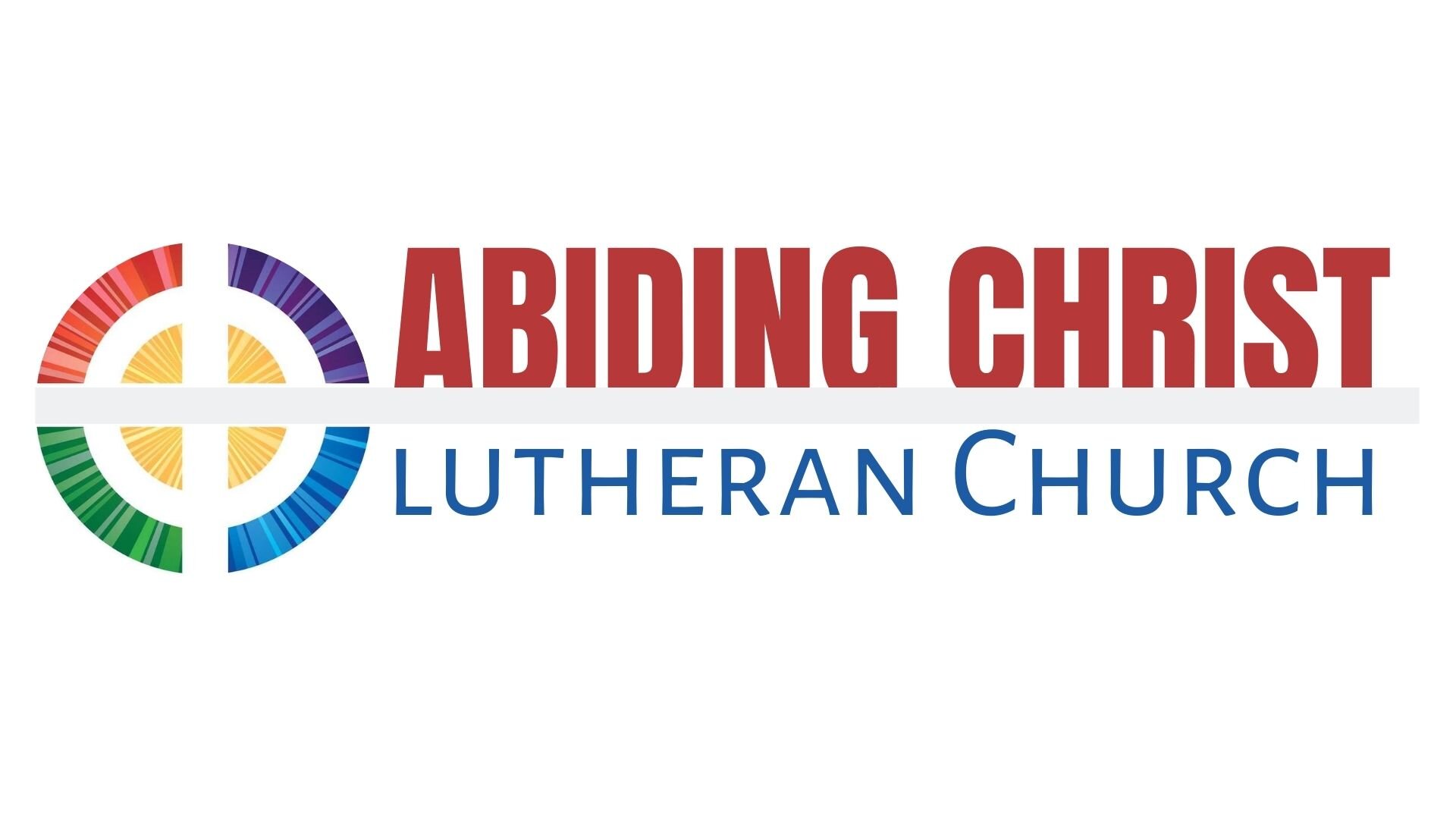Hallelujah!
Psalm 111
Praise the Lord! I will give thanks to the Lord with my whole heart, in the company of the upright, in the congregation. Great are the works of the Lord, studied by all who delight in them. Full of honor and majesty is his work, and his righteousness endures forever. He has gained renown by his wonderful deeds; the Lord is gracious and merciful. He provides food for those who fear him; he is ever mindful of his covenant. He has shown his people the power of his works, in giving them the heritage of the nations. The works of his hands are faithful and just; all his precepts are trustworthy. They are established forever and ever, to be performed with faithfulness and uprightness. He sent redemption to his people; he has commanded his covenant forever. Holy and awesome is his name. The fear of the Lord is the beginning of wisdom; all those who practice it[a] have a good understanding. His praise endures forever.
Hallelujah! That’s how this psalm begins --- it is the Hebrew word that means “Praise the LORD!” The psalmist begins with praise, and thus, this is a hymn of praise. Hallelujah! Praise the LORD!” The psalmist goes on to declare the intention to make this praise known to others, specifically, in the midst of the congregation, in the midst of the gathered community. Praising the LORD is difficult to keep to one’s self --- at least it should be! One should want to make praising the LORD known to others. Why? Because, just as the psalmist does, praising the Lord leads to and is an opportunity for telling others WHAT the LORD has done. “Great are the works of the LORD,” (v. 2), declares the psalmist, and because of those great works, the psalmist praises the LORD.
As the psalm unfolds, these 10 verses succinctly make known the works of the LORD. The LORD is gracious and merciful (v. 4), He provides food, He is mindful of his covenant, his precepts are trustworthy and are forever, and He has redeemed his people. It is a recounting, in the briefest of phrases, the liberation from Egypt, God’s leading and providing through the wilderness, the giving of the Law, and God’s steadfast mercy and grace that continue to redeem God’s people. Indeed, praise the LORD!
This psalm is another acrostic poem (except for v. 1a), that is, each phrase begins with a subsequent letter of the Hebrew “alphabet,” and again, a Hebrew reader would have noticed this right away. What would your acrostic poem of praise be? For what are you ready to praise the LORD? What has God done for you lately? I realize that it might be difficult to answer these questions in the midst of a world-wide pandemic and a nation experiencing political animosity, but pay attention to the psalmist. The psalmist starts with Israel’s salvation event: the Exodus - liberation from Egypt and God’s providing in the wilderness. Let us also start with our salvation event: Jesus Christ and his death on the cross and his resurrection from the dead. Start with Jesus. Ponder what Jesus has done through his self-sacrificing love - start with Jesus and follow him, for he will always lead us to new life, and new life always leads to Hallelujah! Praise the Lord!

